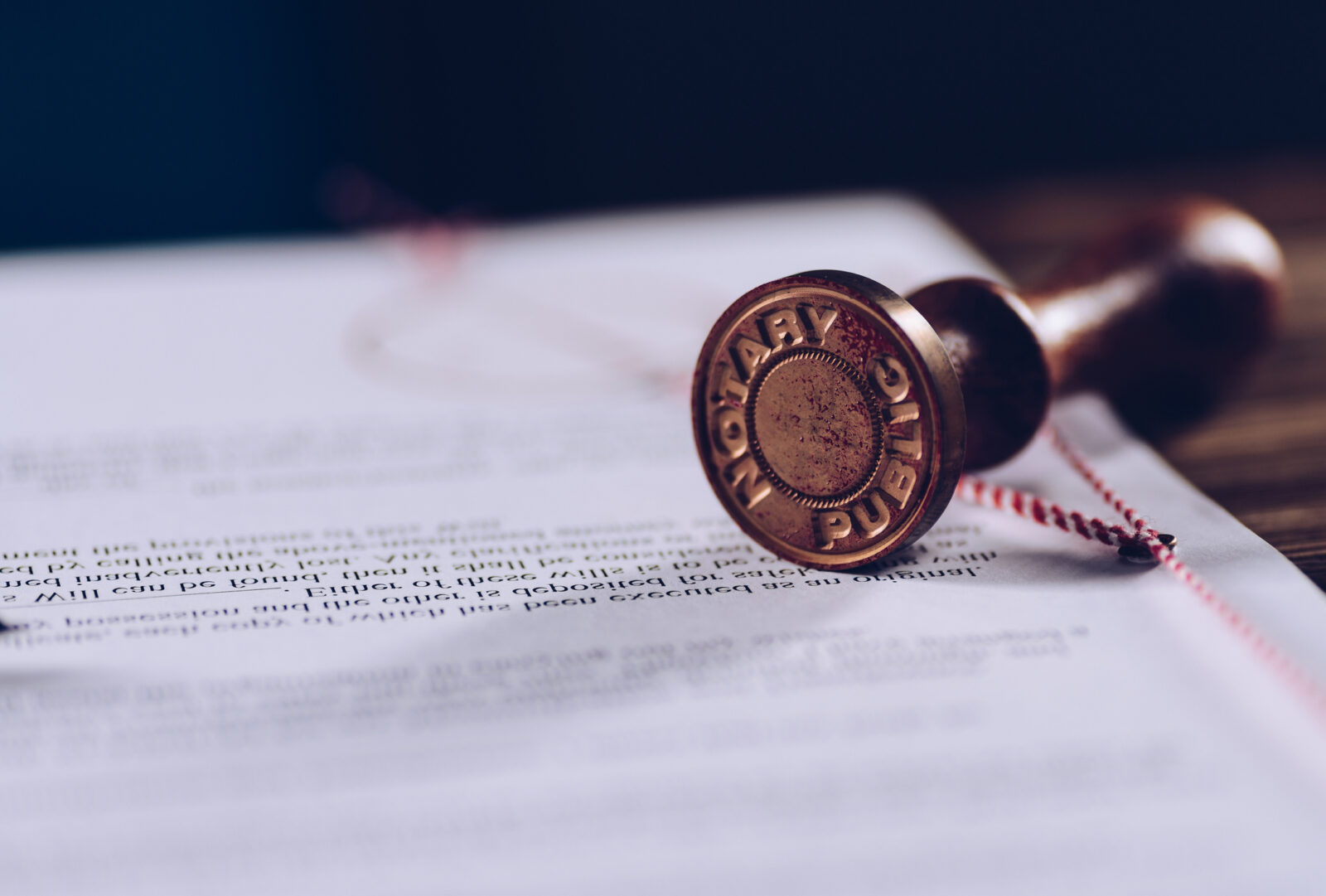
Notarizing a document is important. Whether it’s for the purposes of authenticating academic transcripts or other legal documents like wills, notarizing is there to help with such legal matters and more. If you have any such documents that may need notarization, millerhanover.com services can help you, ensuring that crucial business deals and non-contentious legal issues don’t get out of hand due to unauthenticated documents.
What is a Notary?
A notary is an individual with the legal power to serve the public on issues that do not require legal representation in a court. Issues that require court appearances and litigation fall outside the purview of a notary.
Becoming a notary varies from one jurisdiction to another. For instance, in some places, only qualified lawyers can become notaries. In many jurisdictions, anyone can become a notary as long as they satisfy the legal requirements set forth by the authorities. These may include;
- Being 18 years of age or older
- Being of sound mind
- Being a legal resident of a particular jurisdiction for a specific number of years
- Completing a training course and passing its subsequent exam in notary issue
- Getting a surety bond
- Getting omissions or errors insurance, though usually optional
Satisfying all the above requirements makes a person eligible to become a notary.
What Does IT Mean to Notarize a Document?
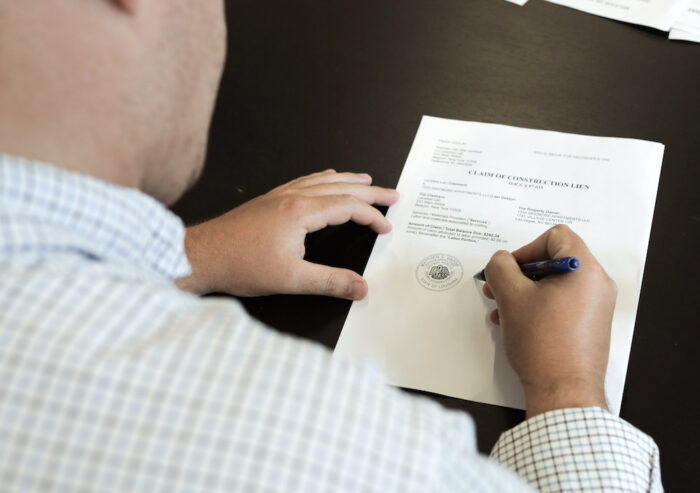
The process of notarizing a document involves some basic steps. These include;
- Vetting: This is when the notary vets the signer to verify their legal name, their understanding of the document in question and its legal consequences, and their willingness to sign it.
- Signing: The notary signs and stamps the document, thereby attesting to its validity and legality.
- Recording: After the initial two steps, the act of notarization is recorded in a journal to ensure that there is a record of it should the need arise.
Benefits of Notarization
There are a few reasons why notarization services are essential. These include:
1. Deterring Fraud and Forgery
One of the main reasons for notarizing a document is that it establishes credibility. Today, just about anyone with the right computer knowledge, skills, and access to the right materials can forge a document. Whether it’s a university degree or the title deed of a house, forgeries are easier today than ever before. Notarizing such documents helps to affirm their authenticity. Because of such things, many institutions and legal proceedings require the notarization of documents to ensure that fraudsters and forgers don’t cheat their way into people’s affairs.
2. Establishing the Credibility of a Document
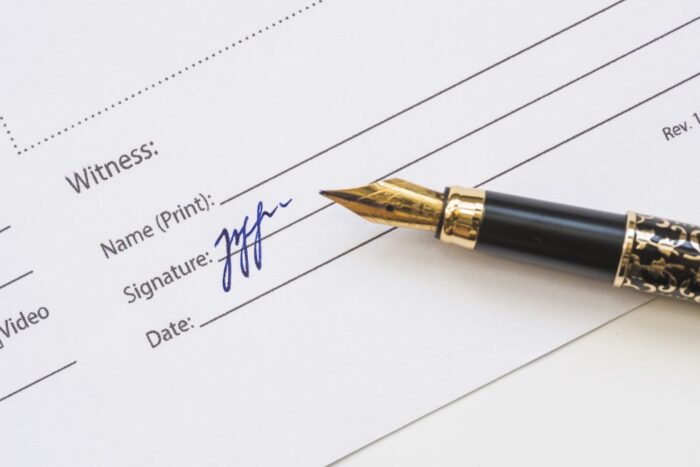
Notarizing a document is now a requirement in many places. This is to ensure that such a document is free from any forgeries. This is especially true for documents that may have been obtained in another country or jurisdiction. For instance, if you study in a foreign country and get awarded a degree certificate, you’ll still be required to have it authenticated before it can gain recognition in your country of origin. Notarization helps achieve this. Sometimes, international transactions run into issues of translation of crucial documents. A common problem with translated documents is that meaning and context may be lost during the process. Notarizing such documents helps to add credibility to them while affirming the intent of the document’s original text.
3. Saves Time
A notarized document is considered to be self-authenticating. This means that it can be entered into evidence during court proceedings, thereby obviating the need for witness testimony. For example, a person that witnessed a crime can put this fact into writing and have it notarized. In the event of such a person’s absence, as in death, such a notarized statement is considered authentic and can be used during a court case. This ensures that court proceedings are not delayed by a witness’ absence.
4. Provides Legal Protection
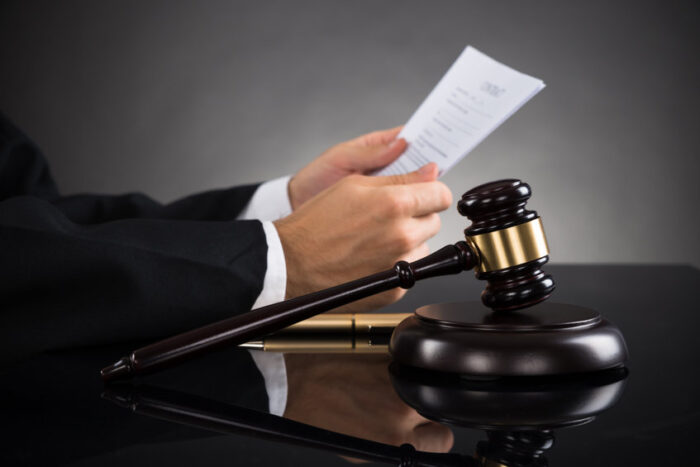
Notarizing your documents can help you avoid numerous disputes and possible legal action. For example, if you complete the sale of a property, the other party may later claim fraud by questioning your ownership of the said property. Notarizing all the documents related to the such property prior to its sale helps reduce the possibility of such issues, thereby protecting you from overzealous litigation.
Types of Notarizations
Notarization comes in different forms. These include:
Affirmations
Affirmations, also known as oaths, are when an individual swears by their honor or a Higher Being as to the truthfulness of a fact or a string of statements. This is usually done by word of mouth, the sole object being to compel an individual to tell the truth.
Acknowledgment
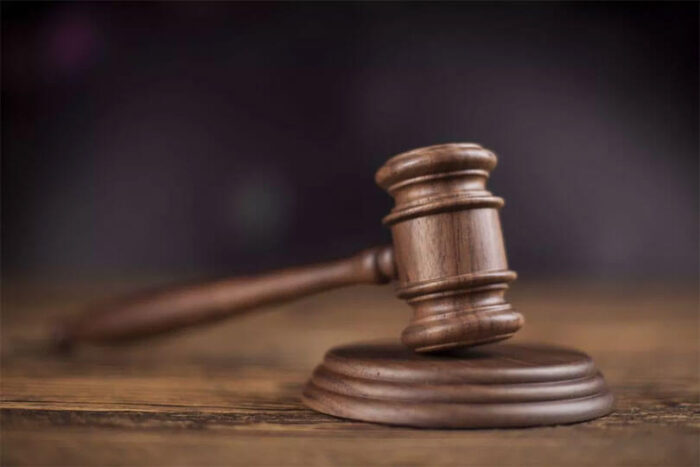
This type of notarization is to ensure that the signer of a document is who they claim to be and are doing so voluntarily.
The accepted practice in most jurisdictions for an acknowledgment to occur is that the signer must appear before the notary during the signing of a document. This is to ensure that the signer’s identity can be verified by their physical appearance. It is also at this time that the notary will ask the signer to “acknowledge” or declare that they are signing the document of their own volition.
In rare circumstances, a person can sign a document and then bring it to the notary. It is there that they will declare that the signature is indeed theirs and of their free will.
Jurats
In many states, this is known as an affidavit. It is when a person affirms a fact or a situation and signs a sworn statement to that effect. For this to happen, the signer must appear before the notary and affirm their statement under oath. The accepted practice is to have the signer declare verbally that they swear to the authenticity of whatever statement or fact about which the affidavit has been signed. Jurats are essential in many court cases. In some jurisdictions, a signer must provide proof of identity before the verbal oath.
Signature Witnessing
This involves a notary confirming the identity of a signer of a document. Unlike with a jurat, you don’t need to take the signer through a verbal oath. Acknowledgments and signature witnessing differ in that the latter always has to be done in the notary’s presence.
All in all, notaries are essential, helping to provide authentication for many legal documents and situations.
















